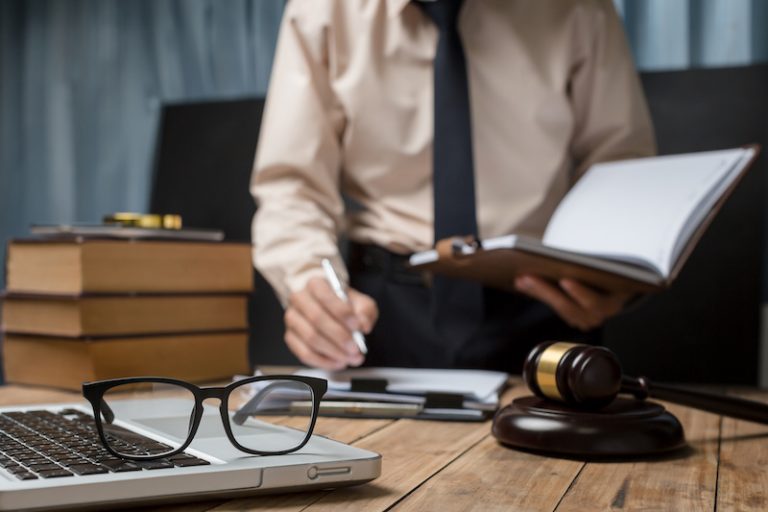As legal proceedings continue to become more sophisticated, it is essential that legal teams remain informed about the various tools at their disposal. Depositions are one such tool, and understanding the nuances of the process can make all the difference on a case. In this article, we will explore deposition etiquette, examination under oath, and tips for success.
Deposition Etiquette and How to Prepare

Depositions are a part of the discovery process, where attorneys gather evidence and information that might be relevant to a case. The deposition process is not a trial or hearing, but rather an opportunity for attorneys to ask questions and hear answers under oath. As such, it is essential for witnesses and attorneys alike to maintain proper deposition etiquette.
One of the most important aspects of good deposition etiquette is to answer only the question that is asked. Witnesses should not volunteer information, speculate, or offer opinions unless asked to do so. Additionally, it is crucial to remain calm and composed during the entire process. This will ensure that the testimony is taken seriously and that the facts are presented in a clear, concise manner.
Preparing for a deposition is also critical. Witnesses should familiarize themselves with the case and review any relevant documents or evidence. They should also dress appropriately and arrive on time. Legal teams can help witnesses prepare for depositions by offering practice sessions and answering any questions they may have.
What Is an Examination Under Oath?

An Examination Under Oath (EUO) is a deposition-like proceeding that insurance companies use to investigate insurance claims. In an EUO, the claimant is placed under oath and questioned by an insurance company representative. The purpose of an EUO is to gather information and ensure that the claim is valid.
EUOs are typically requested when there is suspicion of fraud or misrepresentation on the part of the claimant. The questioning is often thorough, and the claimant may be asked to provide documents or other evidence to support their claim. Legal representation is allowed during an EUO, and witnesses should be informed of their rights before the proceeding.
Examination Under Oath Tips for Success

If you are going to be subject to an EUO, there are a few things you should do to prepare and increase your chances of success. First, be honest and straightforward when answering questions. Lying or withholding information during an EUO can have serious consequences, including the denial of the claim and even criminal charges.
Second, be prepared. Review any documents or evidence related to the claim and be ready to answer questions about them. Additionally, dress appropriately and arrive on time to show that you are taking the proceedings seriously.
Finally, seek legal representation. An attorney can help you navigate the EUO process and protect your rights. They can also interpret complex legal jargon and ensure that the questioning is fair and relevant to the claim.
Are Depositions Under Oath?

While an EUO is an oath-bound proceeding, depositions are not always under oath. In most cases, witnesses are "affirmed" instead of sworn in, meaning that they do not have to reference a higher power or swear to tell the truth. However, witnesses are still bound to tell the truth, and lying during a deposition can result in perjury charges.
It is important to note that, while depositions may not be under oath, they are still serious legal proceedings with potentially far-reaching consequences. As such, witnesses should take the deposition process seriously and follow appropriate etiquette to ensure that their testimony is taken seriously and that they are presented in the best possible light.
In conclusion, the deposition process is an important part of legal proceedings, and understanding the nuances of deposition etiquette, EUOs, and tips for success can make a significant difference in the outcome of a case. Legal teams should ensure that witnesses are properly prepared and informed about their rights, and that they follow appropriate etiquette during the deposition process to ensure that their testimony is presented in the best possible light.
